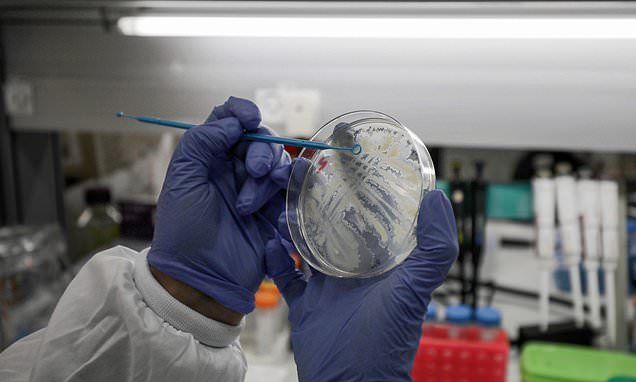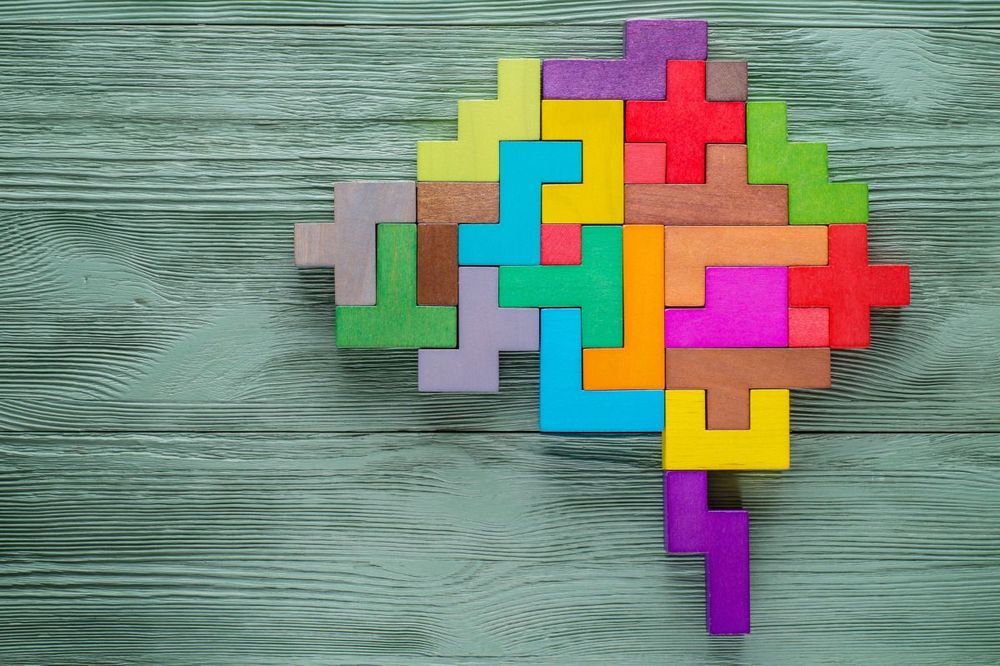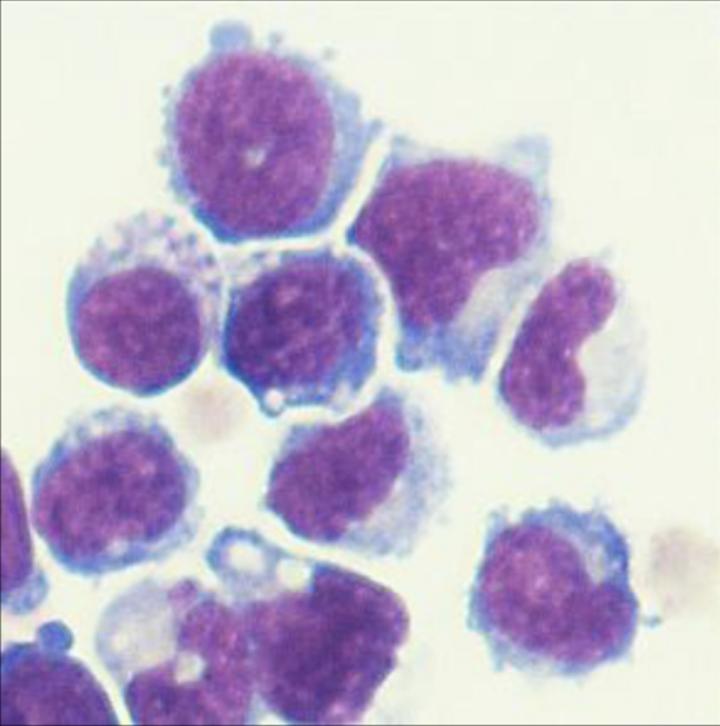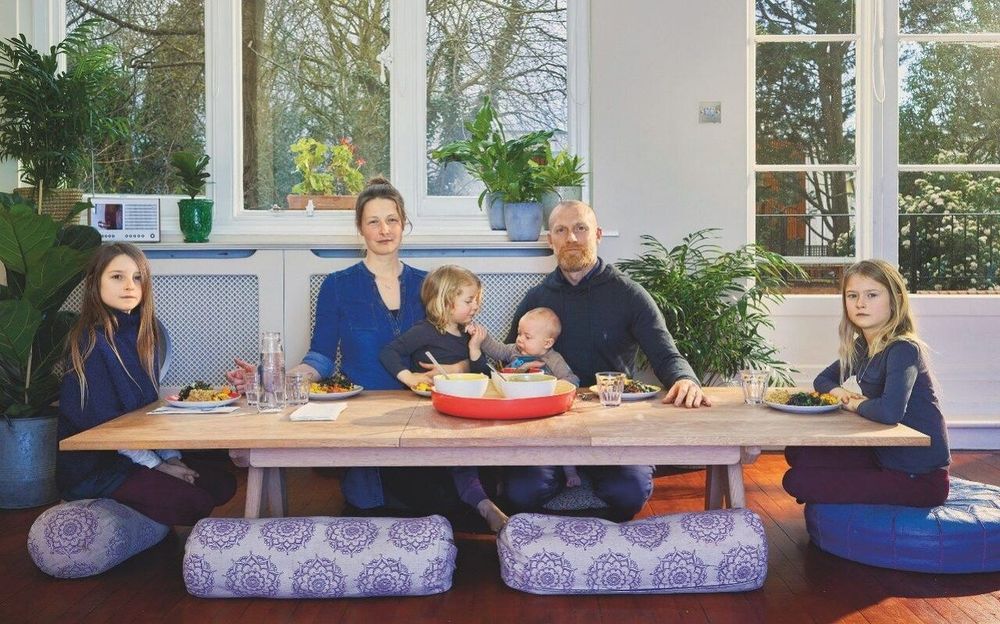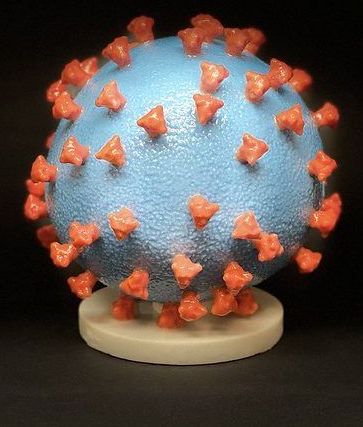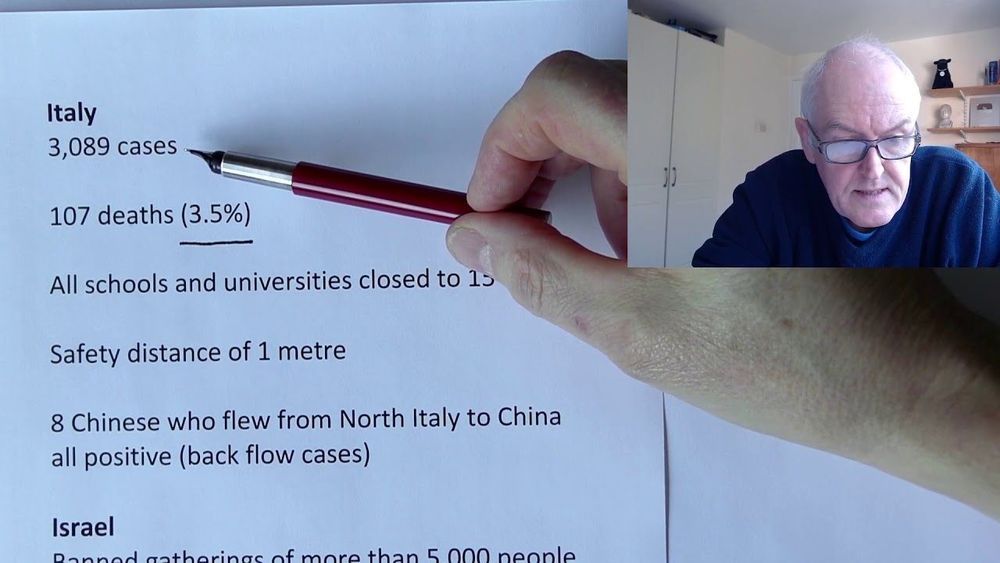The company’s solar-storing tiles are making waves.
Music therapy can help improve brain and motor function in stroke patients, scientists say.
A new study has found taking part in music sessions can boost mood and improve concentration in patients recovering from stroke. Those participating in the two-year sessions alongside existing stroke rehabilitation treatment also reported physical benefits such as better arm function and gait.
Based on their trials, the researchers are preparing a proposal for an NHS-funded permanent music therapy sessions post on the stroke ward at the Addenbrooke’s hospital in Cambridge, where the study was conducted.
China has said that some vaccines for the novel coronavirus could be in clinical use next month as the number of global coronavirus cases soared past 100,000.
The country’s scientists are striving to develop immunisation products with five technologies simultaneously, according to officials.
‘We estimate that in April — in line with country’s relevant law and regulations – there is hope that some of the vaccines can enter the stage of clinical or emergency use,’ said Zheng Zhongwei, director of the Technical Development and Research Centre of China’s National Health Commission.
By Emma Young. Researchers recorded participants’ brain activity and emotions while they watched Forrest Gump.
New evidence reignites a longstanding debate about how the sea reconnected with the ocean.
Immunotherapy is an increasingly powerful form of cancer treatment where the patient’s own immune system is equipped with heightened abilities to take down the disease, and one promising arm of this is known as adoptive cell therapy. This involves using altered versions of a patient’s own cells to trigger a more strong-handed response from their own immune system. Scientists at Johns Hopkins Kimmel Cancer Center are reporting an exciting advance in this area, demonstrating that engineered bone marrow cells can slow the growth of prostate and pancreatic cancers in mice.
The study builds on previous research where scientists demonstrated that a range of cancers, including melanomas, colon cancer and brain cancer, grow much more slowly in mice that are lacking a certain gene, known as p50, which seems to activate a stronger immune response. The Johns Hopkins researchers sought to further validate these earlier findings, while expanding the utility of a promising form of cancer therapy.
To do this, the team worked with what are known as immature myeloid cells, a type of white blood cell, which previous research had indicated could help switch on immune responses that fight tumors. In this case, the immature myeloid cells were taken from the bone marrow of mice engineered to lack the p50 gene, as a way of comparing them to the behavior of cells taken from mice who had the p50 gene in tact.
It’s 5pm in the Farrant household and Jack, six, and Thomas, four, are currently manifesting their desires in the form of Lego. To an outsider this looks like two small children playing with toys, but their mother Catherine proudly points out that Jack has built a yacht – something he is helping his family to acquire via visualisation exercises.
‘Dinner’s ready,’ calls out the nanny. In line with the family’s Paleo diet – of anti-inflammatory, natural foods – they have octopus cooked with lemongrass, and fish-bone broth. ‘Yes, my favourite,’ cries Jack happily, while his mum explains exactly what the broth is: ‘It’s an age-old elixir that’s made from boiling wild bones. It’s very high in iodine, which most of us are deficient in.’
After dinner, the children can continue to express their creativity, or watch some television – though if they’re going to do the latter after 6pm they need to put on their ‘blue-light blockers’, glasses with amber lenses to block the blue light of technology from affecting their sleep. ‘We also do red-light therapy,’ explains Catherine, pointing to a red dinosaur lamp in the boys’ bedroom. ‘It’s to help the body’s natural rhythms of sunset with exposure to red colours at night, and blue and white light in the morning.’
My editorial from today’s (3/18/19) Financial Times:
Far sooner than most people realise, the genetics revolution will transform the world within and around us. Although we think about genetic technologies primarily in the context of healthcare, these tools are set to change the way we make babies, the nature of the babies we make and, ultimately, our evolutionary trajectory as a species — and we are not remotely ready for what’s coming. Yet we must be, to optimise the benefits and minimise the potential harms of genetic technologies.
Scientists are now able to manipulate biology to a previously unimaginable degree. In the past year, we’ve seen two female mice having their own babies, dramatic increases in the precision of gene-editing tools, and the birth in China of the first gene-edited humans. As this science advances exponentially, however, the regulations guiding how it should best be used are struggling to keep up. If the applications race forward without appropriate guard rails, the danger increases that more scientists like He Jiankui, the Chinese biophysicist who genetically altered two girls, will put people’s health at risk. But if the regulations are hastily written before the issues are clear, are too strong or are not flexible enough, many people who would otherwise have benefited from applied genetic technologies will be condemned to unnecessary suffering or even death.
Takeda said it has begun development of TAK-888, an anti-SARS-CoV-2 polyclonal hyperimmune globulin (H-IG) designed to treat high-risk individuals with COVID-19.
Takeda’s H-IGs are plasma derived-therapies that have previously shown effectiveness in treating of severe acute viral respiratory infections. Such therapies are designed to concentrate pathogen-specific antibodies from plasma collected from recovered patients or vaccinated donors in the future. By transferring the antibodies to a new patient, Takeda reasons, a person’s immune system can better respond to the infection and increase their chance of recovery.
Two big-name biopharmas—Takeda Pharmaceutical and Alnylam Pharmaceuticals—have separately entered the scramble to develop new treatments for SARS-CoV-2 infection, the virus identified as the cause of the global COVID-19 outbreak. [NIH].
COVID-19 Thursday 5 March
Posted in biotech/medical
For any donations you would like to make to this project, please use the link below, thank you.
https://www.paypal.com/cgi-bin/webscr?cmd=_s-xclick&hosted_b…GHGLK5ZXAE


